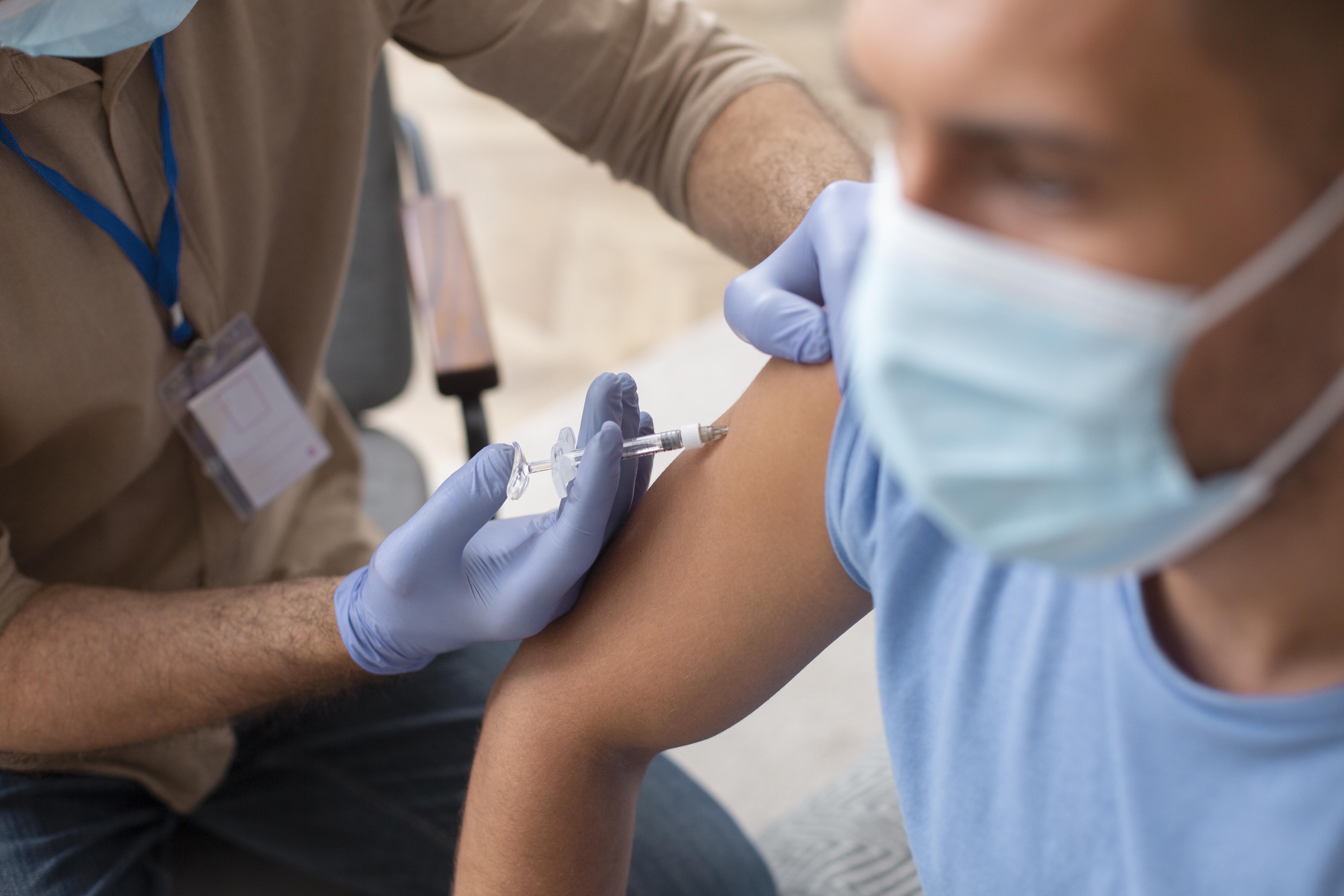
How To Get Health Insurance After The Policy Owner Has Died
When a policyholder dies, dependents may worry about losing coverage. From transferring policy ownership to buying a new plan, there are clear steps you can take. Learn how to protect your family’s health coverage and ensure peace of mind during a difficult time.
Read More
Does Health Insurance Cover Cosmetic Surgery?
Health insurance rarely covers cosmetic surgery unless the procedure is medically necessary. Learn when treatments like breast reduction, rhinoplasty, or reconstructive surgery after illness or injury may qualify for coverage and what steps you can take to confirm eligibility.
Read More
Does Health Insurance Cover Therapy or Counseling?
Wondering if your health insurance covers therapy or counseling? This guide breaks down what’s typically included, how in-network vs. out-of-network billing works, and what to do if your coverage falls short.
Read More
Employer Health Insurance vs. Individual Plans: Which One Is Right for You?
Explore the key differences between employer-sponsored and individual health insurance plans. Learn about costs, benefits, flexibility, and coverage options to help you choose the right plan based on your career, lifestyle, and healthcare needs—whether you’re employed, self-employed, or in transition.
Read More
Will My Health Insurance Cover Flu Shots and Vaccinations?
Most health insurance plans cover flu shots and recommended vaccines at no cost if you use in-network providers. Preventive care, including COVID-19 shots, is often fully covered, but travel or optional vaccines may not be. Uninsured individuals can access low-cost options through clinics or special programs. To avoid surprise bills, always confirm coverage and provider network status. Staying vaccinated helps protect your health, others around you, and reduces future medical costs.
Read More



